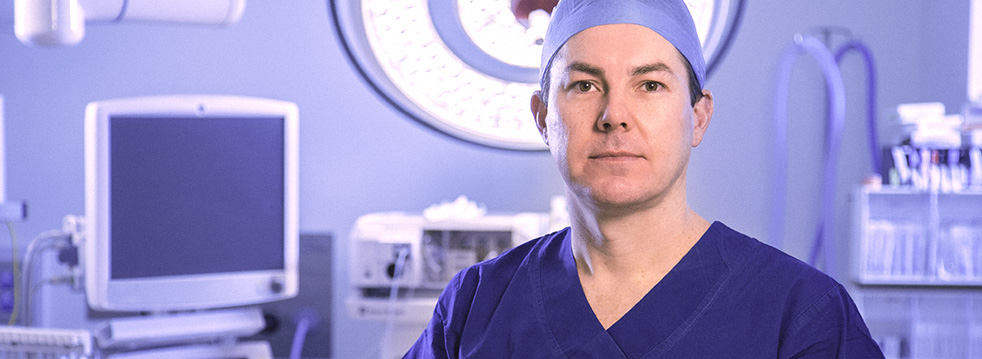What is obstructed defecation?
Obstructed defecation is a disorder resulting in difficulty evacuating stool from the rectum. It is characterised by frequent visits to the toilet, the sensation of incomplete emptying of the bowels (known as tenesmus), often with straining to defecate. The patient may use digital manipulation to facilitate emptying of the rectum.
What are the symptoms of obstructed defecation?
The symptoms may include some or all of the following:
- Unsuccessful or incomplete attempts to evacuate stool
- Repeated trips to the toilet to pass small motions
- Anal pain
- Straining to defecate
- Need for enemas or suppositories to empty bowels
- Need to apply pressure to perineum, inside vagina or rectum to defecate
What investigations are needed?
After careful history taking and an examination in the rooms including digit rectal examination, the following tests are generally recommended:
- Colonoscopy
- Defecating proctogram
- Anorectal manometry with pudendal nerve studies and endoanal ultrasound
What causes obstructed defecation?
There are often several contributing factors that occur over time leading to obstructed defecation. This can include anismus (failure of the pelvic floor to relax during defecation), presence of a rectocele, internal rectal prolapse (internal intussusception), pelvic organ prolapse, internal anal sphincter dysfunction / hypertonia, and overt full thickness rectal prolapse. Some of these are the end result of obstructed defecation rather than the cause.
What is the treatment for obstructed defecation?
The treatment options depend on the results of the above mentioned investigations. In some cases surgery is not indicated. Instead treatment may involve stool bulking with regular fibre supplements, pelvic floor physiotherapy including biofeedback, and the use of suppositories to assist with defecation.
Surgical treatment can include correction of any internal or external rectal prolapse and/or rectocele repair. Most often this is achieved by performing a laparoscopic ventral rectopexy. This keyhole operation suspends the rectum and vagina to the top of the tailbone using an absorbable mesh. There are other surgical procedures available to correct a rectocele using transvaginal and transrectal approaches.
Will a laparoscopic ventral rectopexy also fix my faecal incontinence?
A ventral rectopexy may improve your incontinence if it is related to the internal rectal prolapse, but this is not guaranteed. Often patients see an improvement with faecal evacuation, but still have some leakage. In these cases further treatment for the faecal incontinence can be worthwhile, and can include placement of a sacral nerve stimulator (aka sacral neuromodulation).
